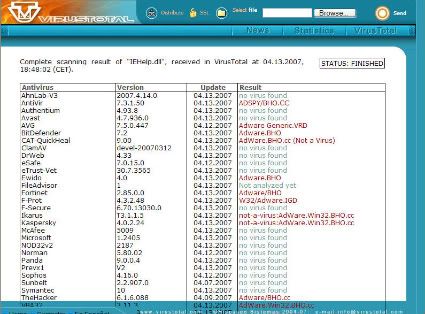But because of this, you might find that sometimes your browser refuses to download the latest data from a web site but instead uses the outdated data stored in its cache. Refreshing might help, but certain elements of a web page may still be retrieved from the cache.
When this happens, you have to be hard on your browser by forcing it to do a "hard refresh", i.e. bypassing your browser's cache entirely. Listed below are the ways to do this for different browsers.
Internet Explorer
either: Hold the Control key, and press F5.
or: Hold the Control key, and click the Refresh button on the toolbar.
Firefox, Netscape (versions 6.x and 7.x) and SeaMonkey.
either: Hold down the Control key, and press F5. On an Apple Mac, use the Command key instead of Control.
or: Hold down the Control key, and click the Reload button on the navigation toolbar.
Safari
either: Hold down the Command and Shift keys, and press R.
or: Hold down the Shift key and click the Reload toolbar button.
Opera doesn't have an option to do a hard refresh, so if a normal refresh does not seem to work, you'll have to clear the cache by going to 'Tools' > 'Delete private data'. Click 'Details', make sure that 'Delete entire cache' is selected, and then choose any other data you want to remove.

